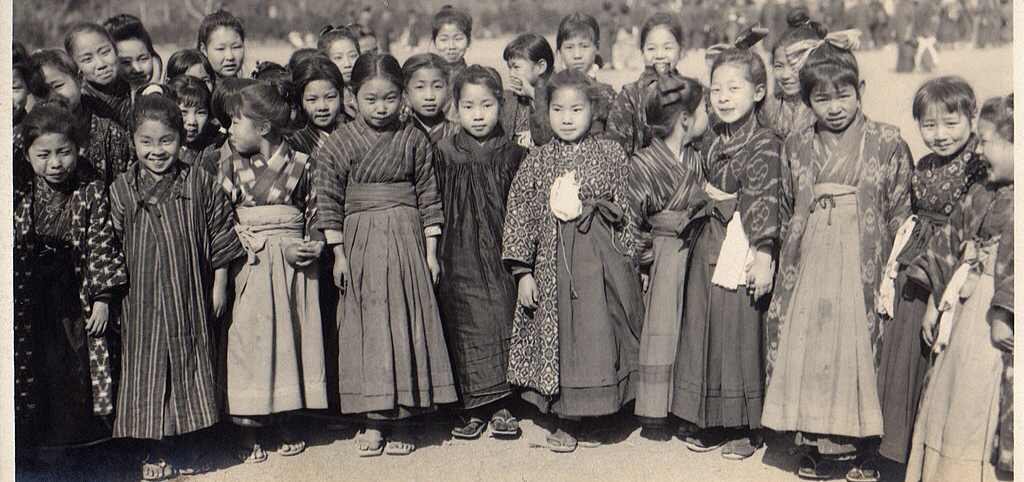I am considering adding William Cronon’s essay, “The Trouble with Wilderness; or, Getting Back to the Wrong Nature” to the syllabus for my course on nature and culture in Japan. I’m interested in hearing students’ comments on it, particularly on how much it helps us think about historical Japanese views of “wilderness” in Japan.
Wilderness — Creation — Change — 造化
I am particularly interested in this sentence:
[Wilderness] is entirely a creation of the culture that holds it dear, a product of the very history it seeks to deny. Indeed, one of the most striking proofs of the cultural invention of wilderness is its thoroughgoing erasure of the history from which it sprang. In virtually all of its manifestations, wilderness represents a flight from history.
Not, I daresay, a description of the way natural phenomena are used by haikai poets. Kigo 季語 (season words)/kidai 季題 (seasonal topics) are inevitably conventionalized, not raw and wild. While it’s not wrong to say that haikai — and waka and renga, for that matter — allude(s) to “nature,” it’s always processed, pre-digested. One might argue that haikai poets sought no flight from history in “nature,” since their nature was really a collection of words. Or maybe they did, in a way, believing that accurate deployment of words erased the time that had lapsed between theirs and that of past poets whose work they admired.
It also occurs to me that Cronon makes a nice case for a perfectly haikai view of nature here:
He could be defining 田園詩 “fields and gardens” poetry; a genre of Chinese verse that has a lot in common with the aims of many modern haiku poets. Here is the venerable Professor Stephen Owen giving a short introduction to the famous Tao Qian 陶潛 verse “Returning to dwell in gardens and fields.” (日本語+中文+日本語の動画は此方).
To be continued in the next post, Wilderness (soon).
